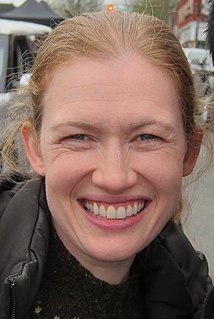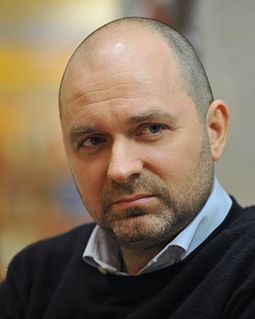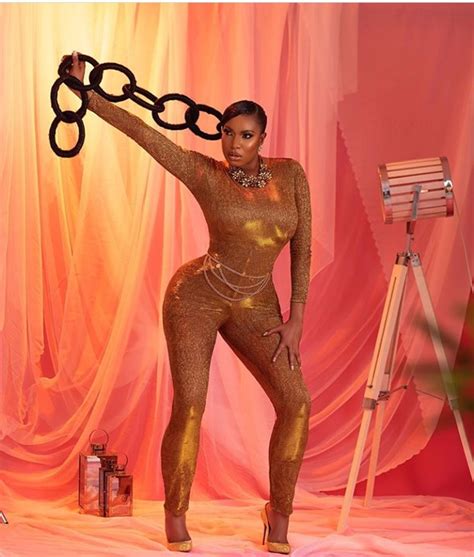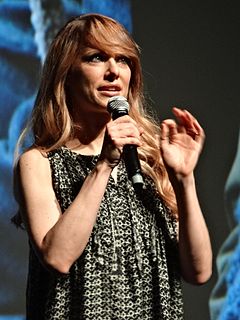A Quote by Mireille Enos
I think that's what makes David Ayer really interesting. He likes to make a tough-y movie, but actually he's a character director. He's fascinated by the actual people who decide to have these jobs and the way it affects their lives.
Related Quotes
'Saw VI' has a really interesting theme about the ripple effect. Everything you do affects the guy next to you, which affects the guy next to him, which affects her over here. And you might think that what you're doing is not that significant, but just the way you respond to other people makes the world the way it is.
hen Baillie [Walsh, writer and director] wrote the movie for me I wasn't doing what I'm doing today, so when we actually came to make the movie it seemed silly to change it. But who knows? That's the way things go. What was interesting for me - and what was always interesting in the script - was that you've got someone who appears to have everything, or at least has the opportunity to have everything, and he's f**ked it up, or lost it.
I make films because I am endlessly fascinated by people. I'm fascinated immediately to know about the lives that are going on around me. That is what drives me. And that is because everybody matters, everybody is there to be cared about, everybody is interesting and everybody is the potential central character in a story. Judging people is not acceptable.
There's not one way to direct a film, there are so many different ways to do it. Everything affects the way it turns out in the end. Even the smallest things. You don't want to really acknowledge that, because you want to believe that you are the only creative asset as a director. You want to believe you're the only one. But I really feel that everyone teams up and everybody really affects everything. Actually, it's the closest I will get to playing in a band.
It was never a deliberate decision to make films about the 'woman experience'. Having said that, we are all many things - for example I'm Igbo and Nigerian, a director, a filmmaker etc., but I feel what affects me the most, especially the way people/society view or treat me, is the fact that I'm a woman, and I'm fascinated by that.
You're in a movie, so you have to think about how something plays. It's not like you're thinking about how an audience is going to react. You're trying to present the story. You're trying to illuminate the lives of these people in the story. So I'm thinking about how my behavior as this character best illuminates what's going on with them in this moment in time. I always say it's sort of the director's job. People think that the directors direct actors. No. Really, what the director's doing is directing the audience's eye through the film.
The truth is that filmmaking is not really an actor's medium; it's really a director's medium, so all I can really control is the character that I'm playing. So I try to look for characters that are interesting and engaging and different than what I've done before and hopefully it becomes a good movie.




































